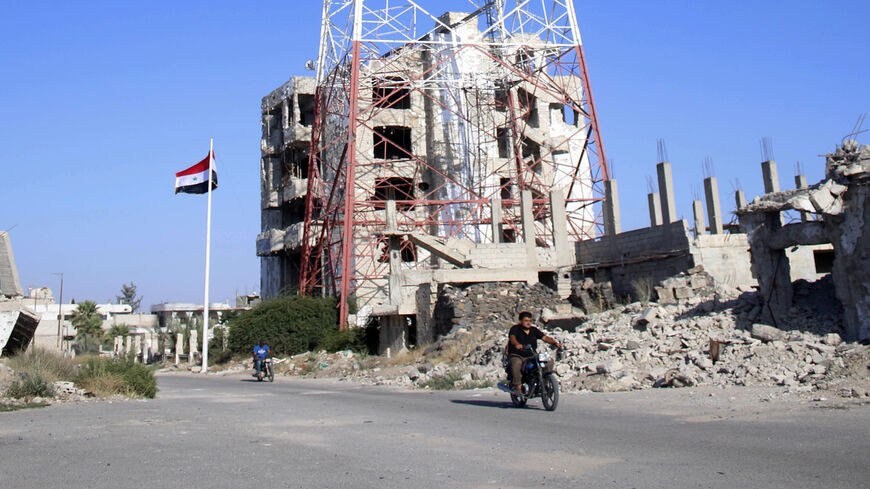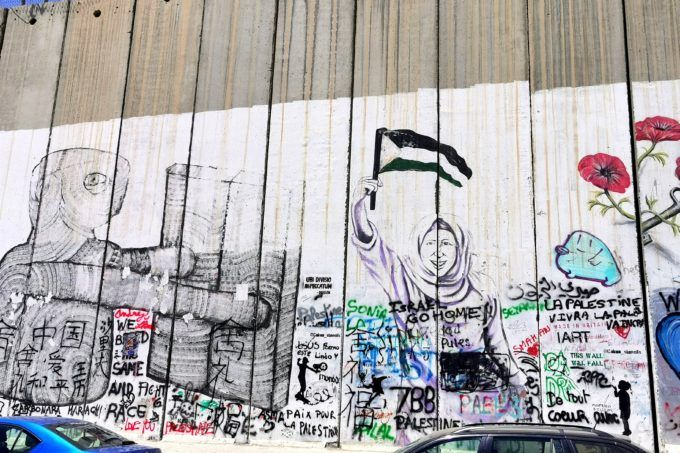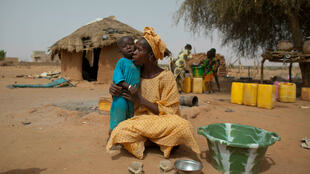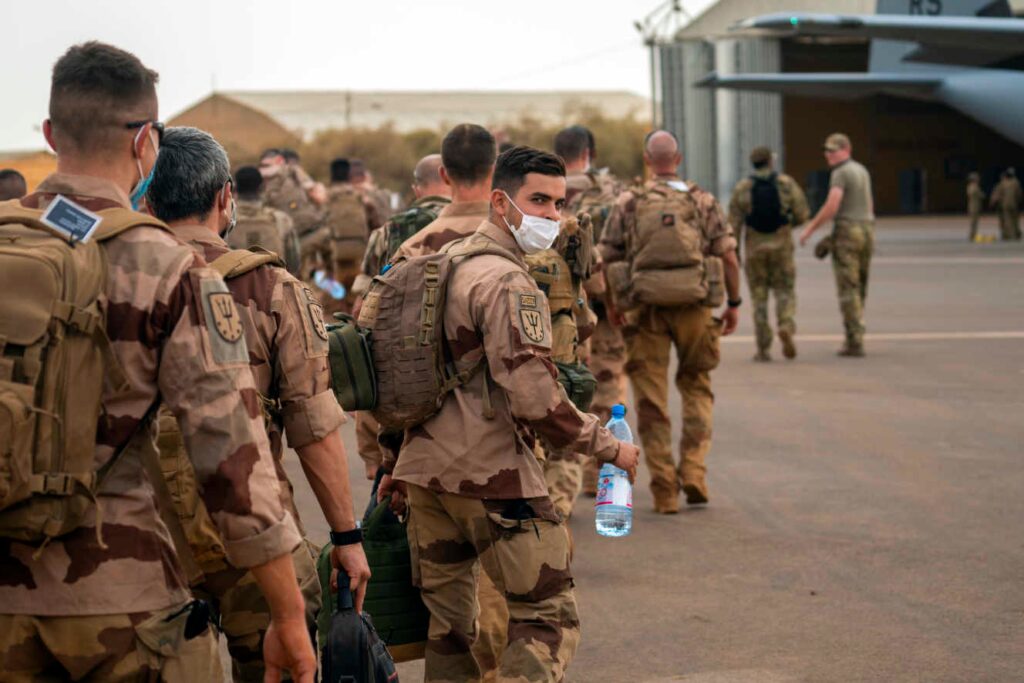EU: New Political Alliance to Fight Creation of European Superstate
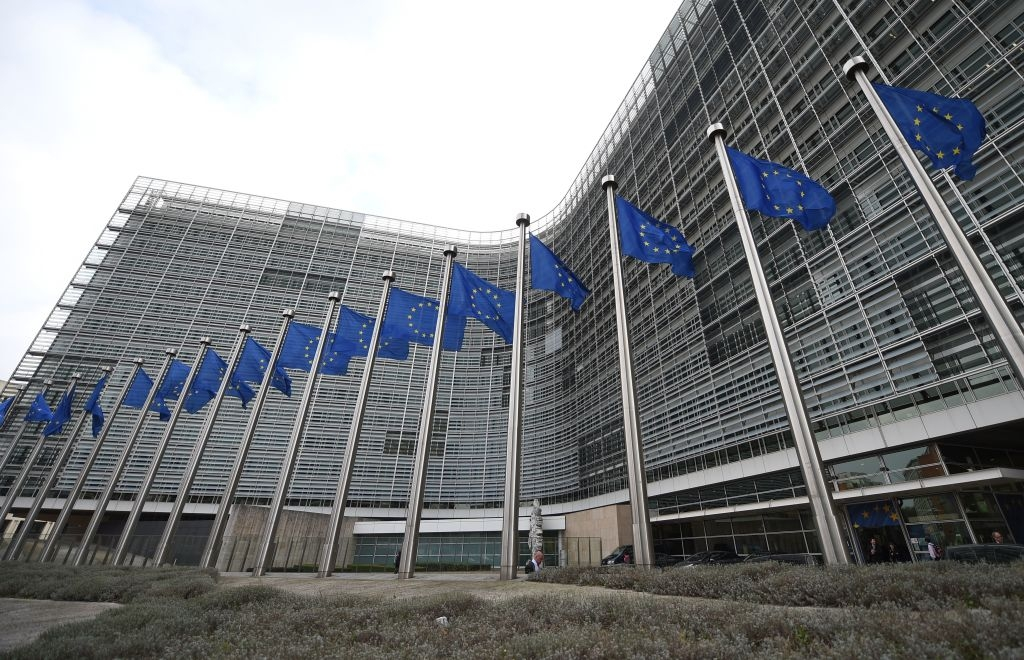
The July 2 “Joint Declaration on the Future of the European Union” represents the first significant endeavor by euroskeptic parties to jointly oppose efforts by European federalists to transform the European Union into a godless multicultural superstate.


